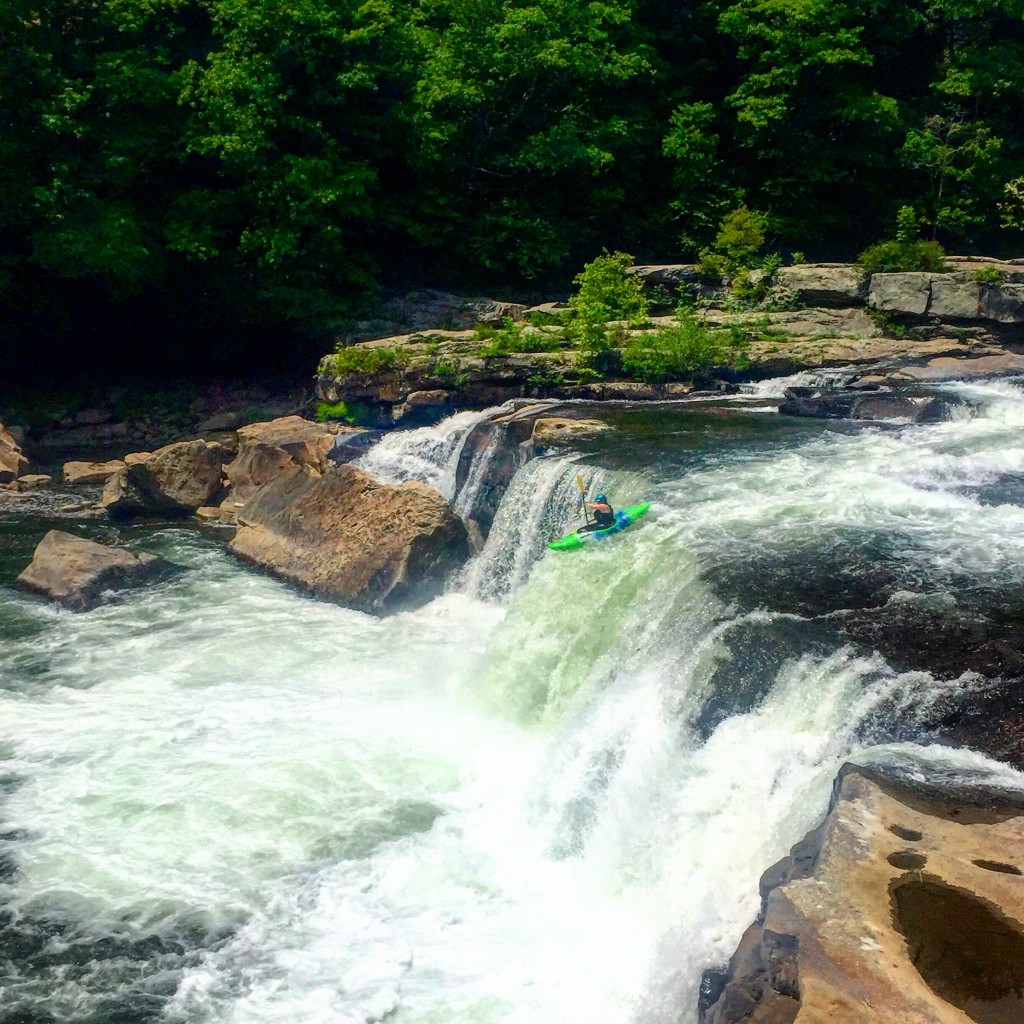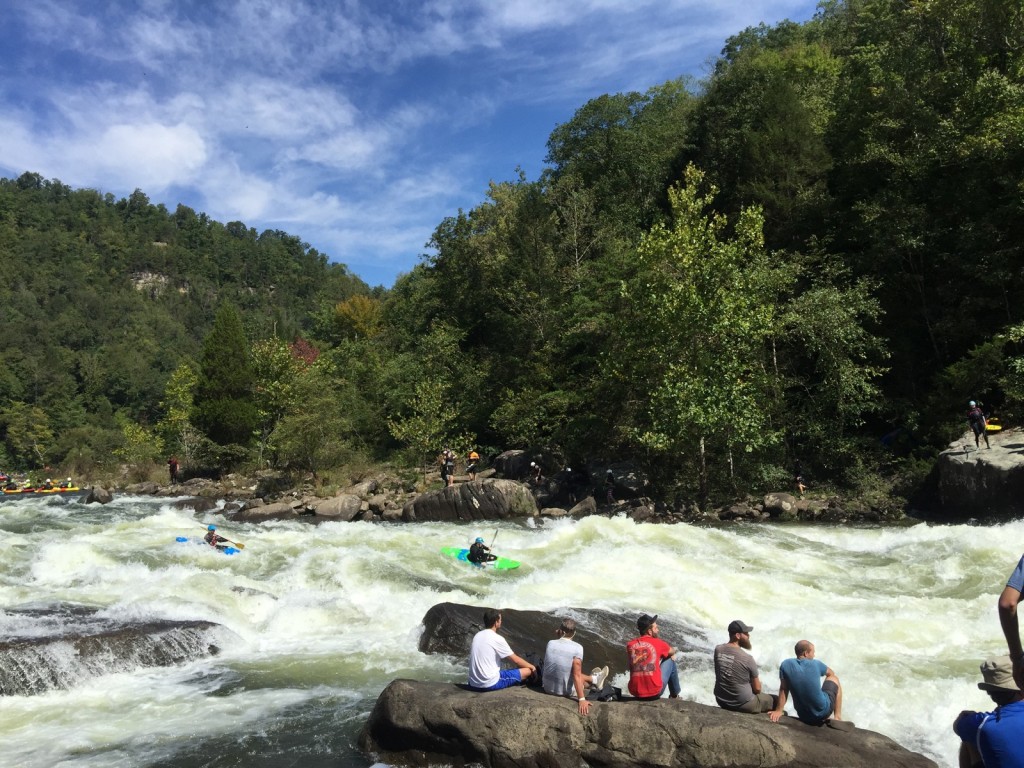The details don’t matter so much about the series of events that led up to my injury. We were at a lake, there was a sandbank, I dove, and then for me, there was darkness. What does matter in this story is that I was 14, I was paralysed from the chest down, and I was face-down in the water.
The next bit of my life was painful, terrifying, and very confusing. After being pulled onto the beach, I was flown to the Children’s Hospital of Philadelphia. I was brought into that bright white room with covered face and rushed actions. There were scans, x-rays, pinching and prodding. My mother arrived first, and then my father, and then the doctor came in. I don’t remember most of the conversation, what I do remember were the words “Your neck is badly broken and we need to operate right now.”
I was in complete denial. I’d been an athlete my entire life. Almost every spare moment of my childhood I had been on a field or on the water. I had taken a few knocks on the head before, and was convinced this was just a stinger, and the numbness would go away. I was quickly pulled back to reality as I moved toward surgery. The neurosurgeon explained I had suffered a burst fracture, and that there was barely anything left of my C7 vertebrae. That one moment of impact changed my life. Before ending up in that bed I was 14 and fearless. Now I’m 23 and fearless, but the difference now is I have eight rods, twelve screws and a cage holding my head onto the rest of my body, so I take a few more precautions nowadays.
What happened in the water that day nine years ago is on my mind every day. I will never forget hearing the words “It is unlikely you will ever walk again,” or the months of painful rehab where I had to learn how to walk again. I’ll certainly never forget lying in a hospital bed and talking about all the things I was going to do in my kayak when I was better. After two surgeries and fifteen days I accomplished what we light-heartedly call in our family “First Steps: Take Two.” I learned to walk all over again. I beat the overwhelming odds and it was nothing short of a miracle, but returning to kayaking was easier said than done.
Without sounding too confident, I was a very good kayaker at 14. I grew up on the water, I was raised by and around former river guides, and to this day I know the currents of a river better than the streets of a city. At the time there weren’t kids’ boats readily available. At 13 and 14, I was finally fitting into adult boats and I couldn’t get enough. Growing up, my best friend and I had shared a little, red fibreglass kayak. We took it down the Middle Yough and learned how to roll and progressed and had one epic childhood on the river. When we finally got bigger and fit into play boats we were going on runs with our families during the day and loop runs in the evening. I was addicted, confident, fearless, and had some monster dreams about what I’d paddle next. We watched kayaking videos almost every night and I was ready to paddle on every continent.
Breaking my neck changed all of that. During my recovery I talked a big game about getting back into my boat and pushing on to go bigger than ever before. Physically, but most of all mentally, that has turned out to be a mountain I’m still climbing today. I was injured in June and was in rehab until February. For the first 6 months I wasn’t allowed to lift my arms above my head, I tripped constantly over nothing as my nerves misfired, and there were times during that winter that I doubted I would ever paddle again. When spring rolled around, I was still recovering but I was strong and very determined.
In May, almost a year after the injury, the day I had been working towards finally came. That morning I pulled on my spray skirt while sitting next to my best friend in his boat and his father and my father in their Shredder. We were sitting on the banks of my home run, my beloved Lower Yough, and I was among my most trusted paddling partners — and I was utterly and completely terrified. I paddled out in my playboat, got a sense of my edges again, took a few more strokes and we were off. I didn’t know if I could still roll, if I remembered how, or if my neck would bend to let my head stay down. Sandwiched between my best friend and our fathers I made my way down that river with short, terrified strokes and made every effort in the world not to flip over. I didn’t, and if I had I would’ve pulled my skirt and probably ended up in tears in the Shredder. That was the first day I ever paddled defensively. That was my home river, a run that I had made hundreds of times, and I had made my triumphant return, except it felt far from a victory for me.

Now we’re getting into the real down and dirty reason I’m telling this story. I had changed. I had to start over, and I was scared. I still am. I thought that once I hit the water it would all come back to me; not just my skills but the fire and passion too. Instead I was met with hesitation on my part and I hated myself for that. For months in the hospital and during my recovery I had imagined myself getting back on the water, kayaking with all the passion in the world and becoming the best female paddler in the world. That first run back on the Yough flipped my world upside down again. It was one of the first times I realized that I could never go back to the way things used to be, and that I would never become the best paddler in the world.

Here’s the big dirty secret: your injuries stick with you. Even if your surgery goes flawlessly, you work your butt off in rehab and finish sooner than projected, nothing can prepare you mentally for getting back out on the water that first time. As much as I wanted to get on the water and rip around and hit every move I imagined, I couldn’t do it. I have tried for years to throw myself into kayaking with the same daring attitude that I once did, but I simply can’t do it. But guess what? That’s perfectly ok! Every stroke I take on a river is an absolute blessing to me.

And I’m still a pretty damn good paddler. Don’t get me wrong, despite what happened to me and my pesky, worrying brain, I still charge hard on the water. I travelled and paddled all over the USA this summer as well as hitting up some hometown classic like the Upper Yough, Upper Gauley and The Big Sandy. I was confident in my lines and I made every one of them. I get to get out on the water, experience beautiful places, make new friends and spread the sport I love to people of all ages. Do I think that my injury affects the way that I kayak? Hell yeah it does. I may never paddle Gorilla on the Green or run an 80 foot waterfall. It’s not because I don’t want to, those are some of my biggest dreams, it’s because if I mess up that line, the consequences for me are monumentally huge, and I know what it feels like to lay in a hospital bed and be told I’m never going to walk again, and I will not let that happen again.

I’m calculated, I’m careful, and I may not go as huge as I’m capable of going but that’s because I’m shaped by my past. We all are. It’s ok to back down from a line if you have doubts about making it. It’s ok to back down from a line if you dislocated your shoulder last year or knocked out a few teeth a few months ago or scraped your knuckles to the bone 10 years ago. There is no shame in that. Kayaking is what you make of it and if you’re restricted by an injury, don’t make it a terrifying experience. It’s always been so important to push your limits, but it’s even more important to know them. It took me an incredibly long time to get comfortable in a boat again, and yes my accident changed the course of my kayaking life, but is knowing for certain you can smooth a line before you approach it such a bad thing? Know your skill, be confident in your line, and if you happen to miss it don’t let it wreck your day. Don’t necessarily kayak for a moment of adrenaline, but for lifetime of satisfaction and challenge. Coming from a bionic woman, don’t put your health at risk just to prove something and smile because you’re on the river and you love to be there. It’s the best place in the world.



